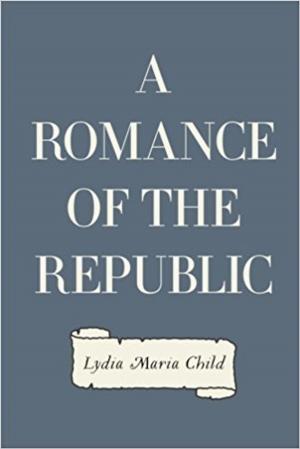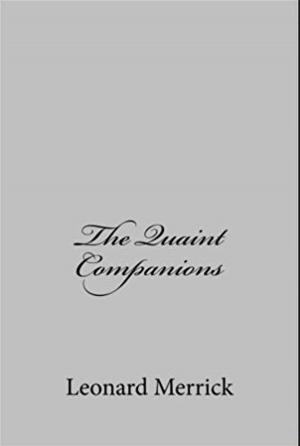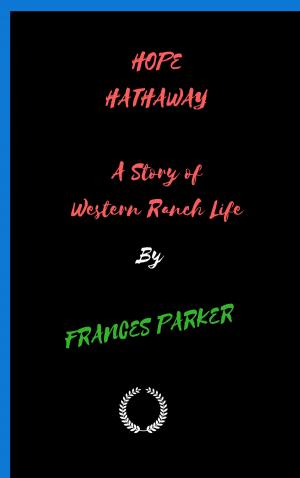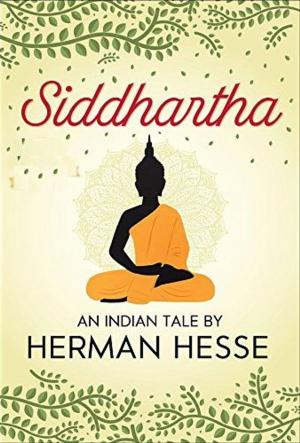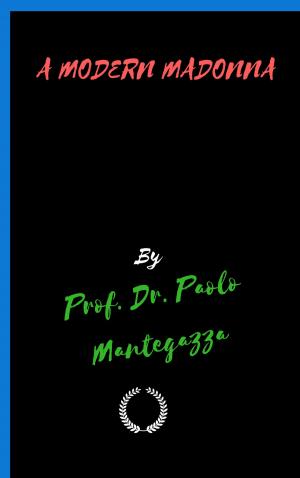| Author: | Frederick Chambers Spurr | ISBN: | 1230002420059 |
| Publisher: | Jwarlal | Publication: | July 10, 2018 |
| Imprint: | Language: | English |
| Author: | Frederick Chambers Spurr |
| ISBN: | 1230002420059 |
| Publisher: | Jwarlal |
| Publication: | July 10, 2018 |
| Imprint: | |
| Language: | English |
The average Englishman and the average Australian have at least one thing in common: each of them is profoundly ignorant of the inner life of that country in which his fellow-subjects, separated from him by a distance of twelve thousand miles, dwell.
The average Australian knows by name the chief cities of Britain; he knows a little about British exports and imports; he knows as much of English politics as scanty cables and the letters of special correspondents inform him. If he is a religious man he knows also the names of the outstanding preachers of various churches. Beyond this he has only the haziest ideas of the conditions of life in the Mother Country. When a cable message informs him that London is enveloped in a thick fog, or that Britain is frost-bound, he fervently thanks God that his lot has been cast in a country where “the amount of bright sunshine” has not to be registered each day in the winter-time. Of the inner life of the Old Land2 he knows nothing at all, nor can he grasp, unless he is particularly well informed, the true meaning of current political and social movements. For this he is in no way to be censured; it is the fatality of distance that weighs upon him. I am speaking of the average, untravelled Australian. It is very different, of course, with those persons who have visited the Homeland, and who, open-eyed and impressionable, have come to understand what English life stands for. When such travellers return to Australia they rarely speak of the Old Country as “having seen its best days.” While they very properly deplore the overcrowding of English towns and cities, and in particular are aghast at the alarming development of slumdom, they also recognise that the energy of Britain is more than equal to that social regeneration for which the new time calls. In my judgment, Australians need a much fuller and a much fairer statement, continually renewed, of the actual condition of things in the Motherland. It should be possible, for example, to describe the course of British politics in an impartial manner, leaving Australians to form their own judgment upon the undoubted facts supplied to them. At present this is rarely done.
On the other hand, what does the average Englishman know about Australia? In his mind it is connected with a big export trade in apples, wool, wheat, meat, rabbits, and butter. He reads of the “Bush” and of the aborigines, of the kangaroo, and of the laughing jackass. He knows the names of3 its chief cities—Adelaide, Melbourne, Sydney, and Brisbane. He has heard also that Australia is the working man’s paradise; that legislation tends in the direction of Socialism; that in Parliament there are often some lively scenes, and that in summer the heat is intense. For the rest, Australia is to him a vast, lone country situated at the Antipodes, a long, long way off across the seas, and a place to which, if a man goes, he must suffer the inconvenience of being cut off from the rest of the world. “Australia? Yes! One of our colonies under the Southern Cross!” Now it is time that the abysmal ignorance which prevails concerning this great country should, once for all, be dissipated. Englishmen ought to realise that Australia, so far from being a vast, lone land situated in a corner of the world, difficult of access, is in reality situated in the very centre of the British Empire, and that, because of this situation, it is destined to play a great part in the coming life of that Empire.
The average Englishman and the average Australian have at least one thing in common: each of them is profoundly ignorant of the inner life of that country in which his fellow-subjects, separated from him by a distance of twelve thousand miles, dwell.
The average Australian knows by name the chief cities of Britain; he knows a little about British exports and imports; he knows as much of English politics as scanty cables and the letters of special correspondents inform him. If he is a religious man he knows also the names of the outstanding preachers of various churches. Beyond this he has only the haziest ideas of the conditions of life in the Mother Country. When a cable message informs him that London is enveloped in a thick fog, or that Britain is frost-bound, he fervently thanks God that his lot has been cast in a country where “the amount of bright sunshine” has not to be registered each day in the winter-time. Of the inner life of the Old Land2 he knows nothing at all, nor can he grasp, unless he is particularly well informed, the true meaning of current political and social movements. For this he is in no way to be censured; it is the fatality of distance that weighs upon him. I am speaking of the average, untravelled Australian. It is very different, of course, with those persons who have visited the Homeland, and who, open-eyed and impressionable, have come to understand what English life stands for. When such travellers return to Australia they rarely speak of the Old Country as “having seen its best days.” While they very properly deplore the overcrowding of English towns and cities, and in particular are aghast at the alarming development of slumdom, they also recognise that the energy of Britain is more than equal to that social regeneration for which the new time calls. In my judgment, Australians need a much fuller and a much fairer statement, continually renewed, of the actual condition of things in the Motherland. It should be possible, for example, to describe the course of British politics in an impartial manner, leaving Australians to form their own judgment upon the undoubted facts supplied to them. At present this is rarely done.
On the other hand, what does the average Englishman know about Australia? In his mind it is connected with a big export trade in apples, wool, wheat, meat, rabbits, and butter. He reads of the “Bush” and of the aborigines, of the kangaroo, and of the laughing jackass. He knows the names of3 its chief cities—Adelaide, Melbourne, Sydney, and Brisbane. He has heard also that Australia is the working man’s paradise; that legislation tends in the direction of Socialism; that in Parliament there are often some lively scenes, and that in summer the heat is intense. For the rest, Australia is to him a vast, lone country situated at the Antipodes, a long, long way off across the seas, and a place to which, if a man goes, he must suffer the inconvenience of being cut off from the rest of the world. “Australia? Yes! One of our colonies under the Southern Cross!” Now it is time that the abysmal ignorance which prevails concerning this great country should, once for all, be dissipated. Englishmen ought to realise that Australia, so far from being a vast, lone land situated in a corner of the world, difficult of access, is in reality situated in the very centre of the British Empire, and that, because of this situation, it is destined to play a great part in the coming life of that Empire.

